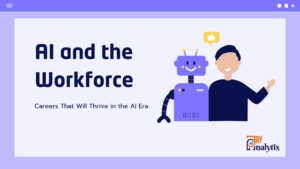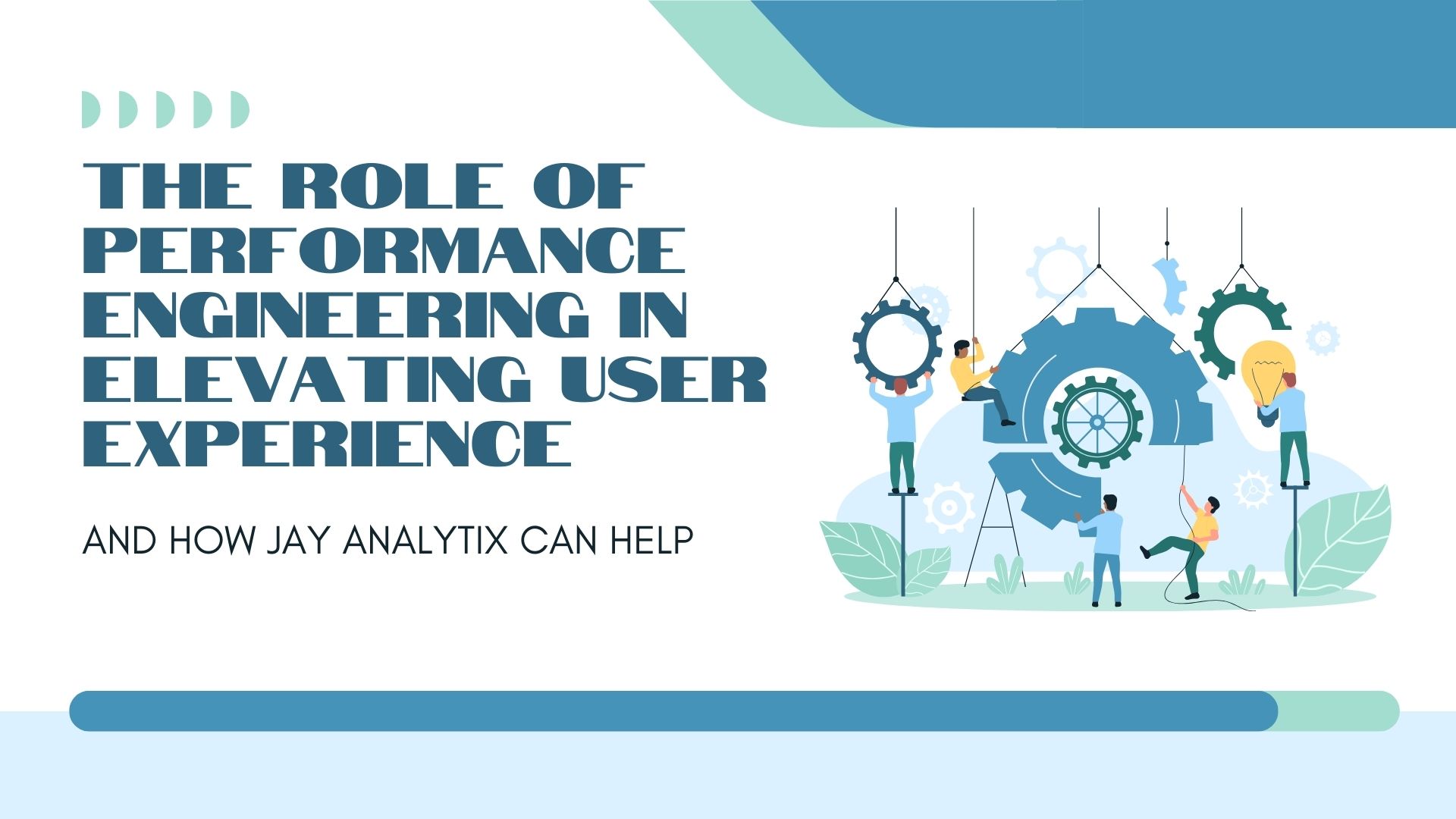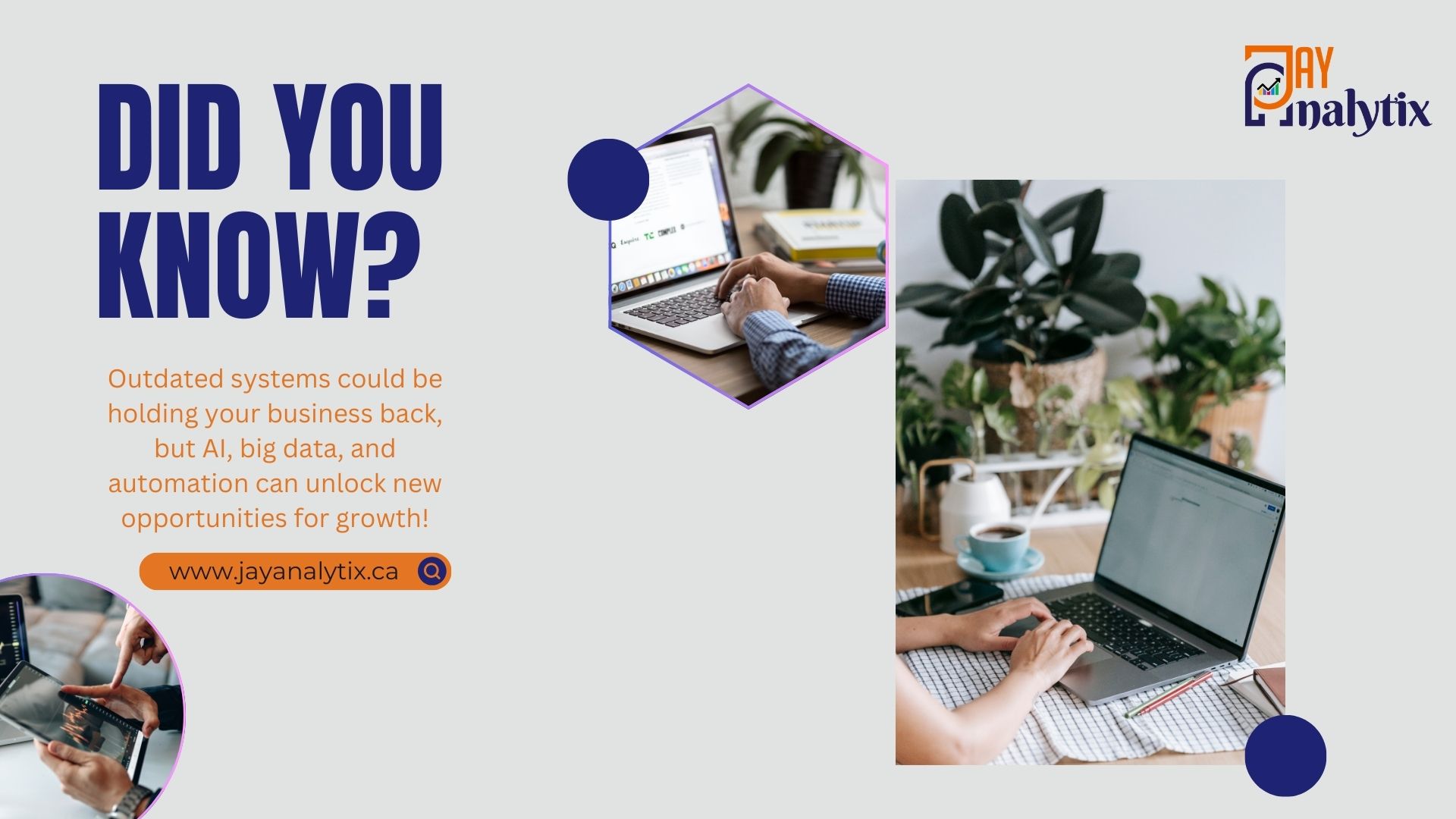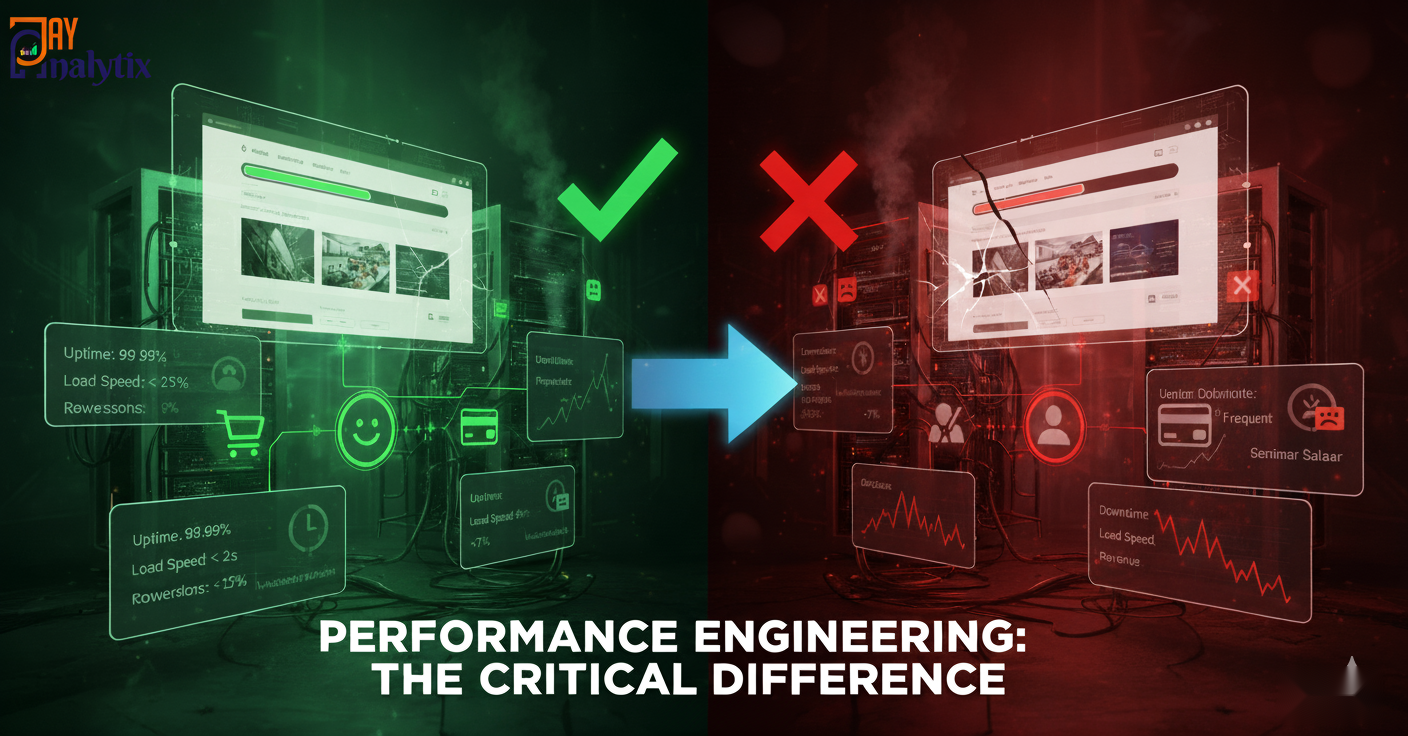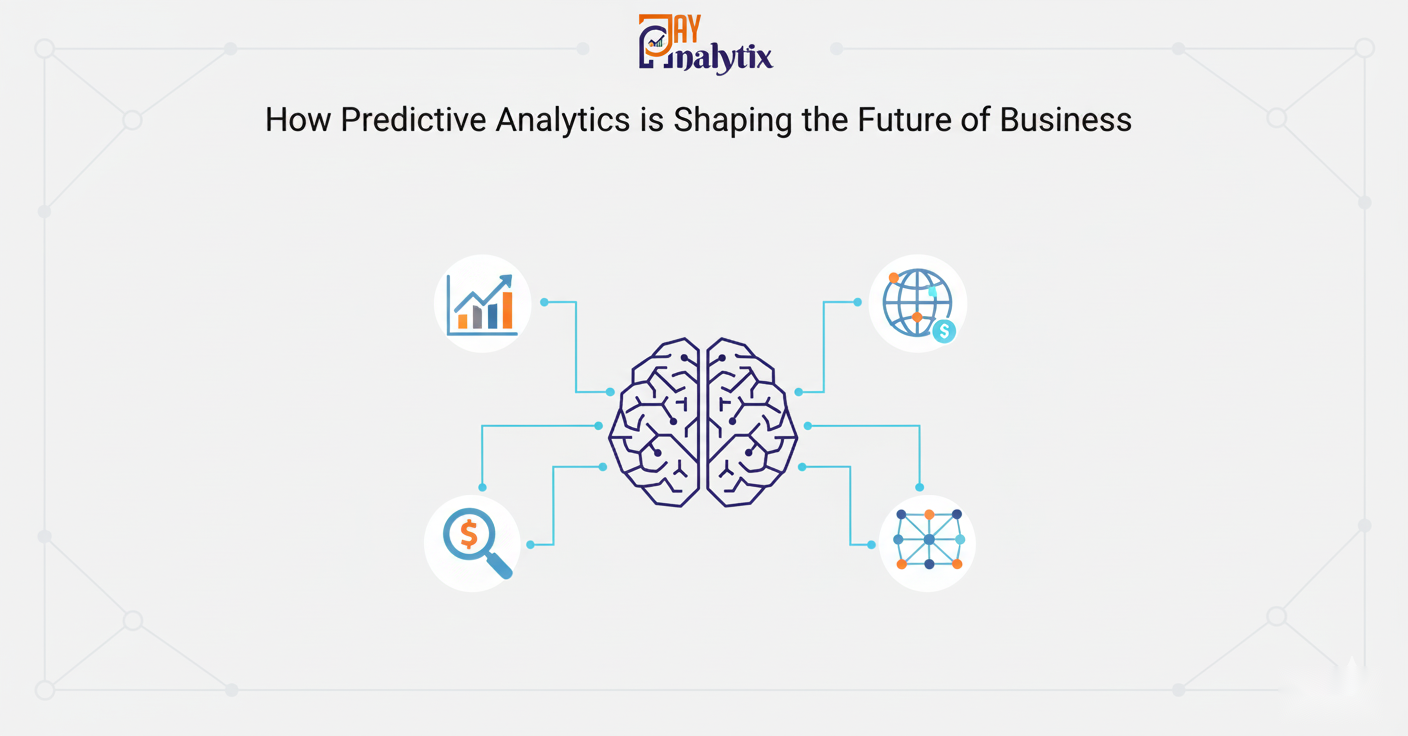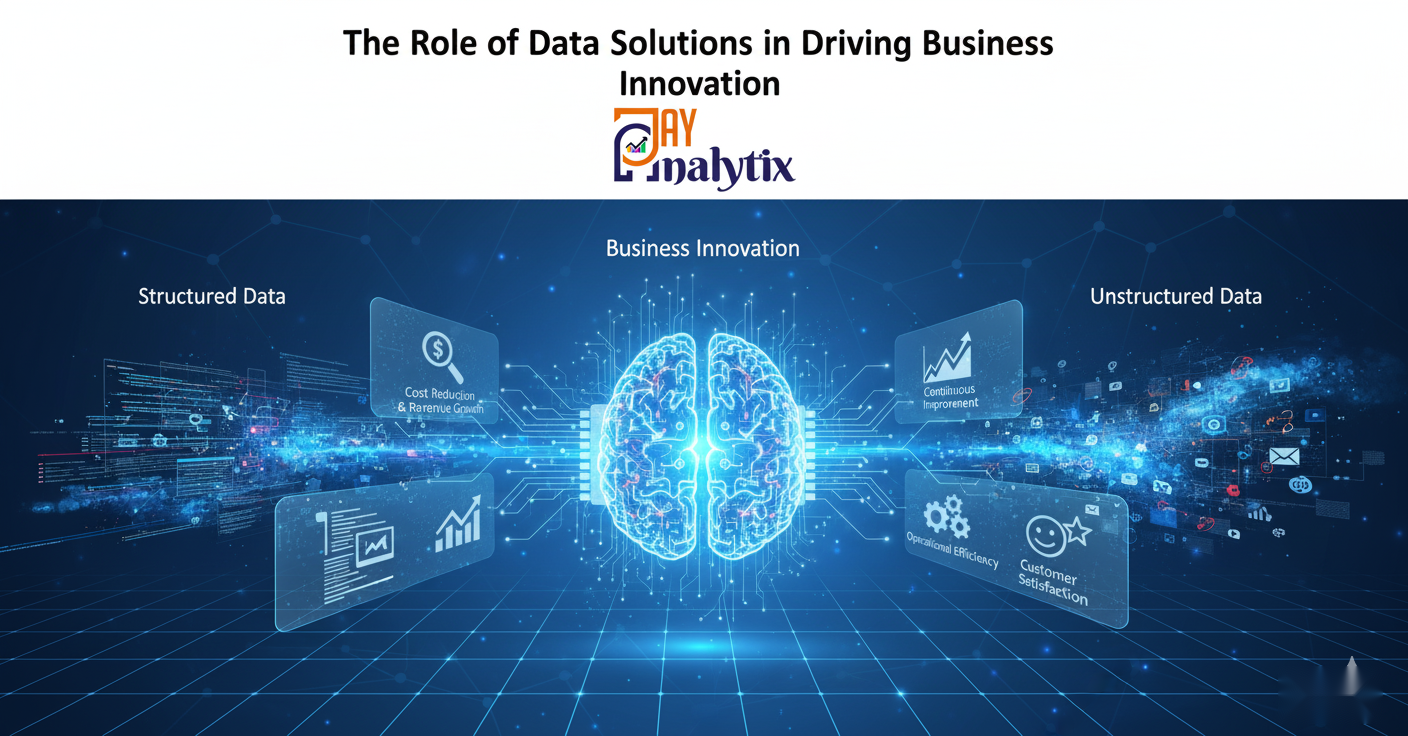Discover the top AI jobs that will be in demand in the coming years. Learn about the key roles and skills needed to succeed in the AI job market and how AI is reshaping careers.
As AI technologies advance, they are not just automating tasks but transforming industries and creating new career opportunities. Latest real-time trends show how AI is ushering a new world of work, as per LinkedIn’s unique labor market insights, based on one billion professionals and 67 million companies.
While concerns about job displacement persist, many jobs will thrive and evolve in the age of AI.
Let’s explore the key jobs that will be in demand as AI reshapes the future of work.

1. AI & Machine Learning Specialists
AI and Machine Learning (ML) specialists are critical in developing, refining, and deploying AI technologies. They build algorithms and models that allow systems to process data and “learn” from it. Companies across industries, including healthcare, finance, and automotive, are seeking AI experts to drive innovation.
Key Skills: Deep learning, neural networks, Python, R, data science, and model optimization.
2. Data Scientists and Analysts
AI systems generate immense amounts of data, and data scientists play a key role in making sense of it. They analyze data sets, create actionable insights, and work alongside AI systems to improve decision-making processes. At Jay Analytix, we have firsthand witnessed the importance and value that Data Scientists and Analysts can bring to a project. With the increasing focus on AI, these roles can help customers understand wide ranges of data from multiple sources and gain valuable insights so they can make strategic and informed business decisions.
Key Skills: Data mining, machine learning, statistical analysis, big data, and data visualization tools like Tableau or Power BI.
3. AI Ethics Specialists
As AI continues to grow, ethical concerns are coming to the forefront. AI Ethics Specialists ensure AI applications are developed and deployed in a way that avoids bias, protects privacy, and aligns with ethical standards. This role is particularly critical in healthcare, legal, and government sectors.
Key Skills: Ethical AI frameworks, bias detection, regulatory compliance, and AI governance.
4. Robotics Engineers
The growing use of robotics in manufacturing, healthcare, and other industries has created high demand for Robotics Engineers. These professionals design, test, and maintain robots as well as the AI systems that control them.
Key Skills: Mechanical engineering, AI integration, automation systems, programming, and electrical engineering.
5. AI Trainers
AI models require data to learn and perform tasks efficiently. AI Trainers are responsible for curating and labeling data that teaches AI systems how to respond to specific inputs. They also refine these systems for tasks like image recognition or natural language processing (NLP).
Key Skills: Data annotation, knowledge of NLP, domain expertise, and attention to detail.
6. Cybersecurity Analysts
With AI’s rise comes the risk of AI-driven cyberattacks, creating a growing need for Cybersecurity Analysts who specialize in defending against these threats. These professionals will protect systems from vulnerabilities and develop AI-based security solutions to anticipate and mitigate attacks.
Key Skills: AI-based threat detection, ethical hacking, risk management, and cybersecurity protocols.
7. Human-AI Interaction Designers
As AI becomes more integrated into daily life, ensuring seamless interactions between humans and AI systems is essential. Human-AI Interaction Designers focus on creating user-friendly interfaces for AI applications, enhancing both functionality and user experience.
Key Skills: UX/UI design, human-computer interaction, and AI system integration.
8. AI Maintenance and Support Technicians
AI systems, like any other technology, require ongoing maintenance. AI Support Technicians monitor these systems, resolve issues, and ensure AI applications run smoothly. Their expertise will be essential in industries where AI is deployed at scale, such as logistics, healthcare, and finance.
Key Skills: AI diagnostics, troubleshooting, system optimization, and programming.
The Future of Work in an AI-Driven World

Creativity, emotional intelligence, and deep problem-solving will continue to remain crucial for humans to be involved in and areas where AI cannot easily replace them. However, with increasing adoption of AI, new job opportunities are emerging, and upskilling in AI-related fields will become crucial for staying relevant in this evolving job market.


